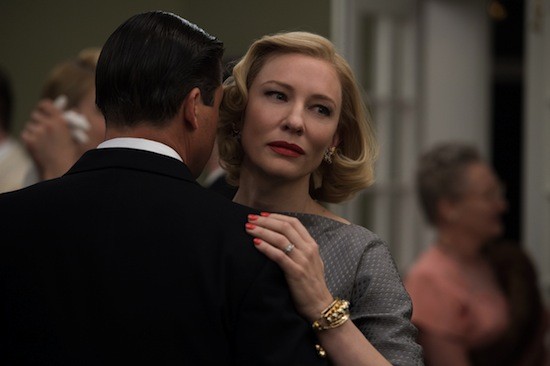
The Best Films of 2015: A Video Countdown (2015; edited by David Ehrlich)—The third time’s the charm for Ehrlich, the film critic and Rolling Stone writer whose most recent supercut is garnering plenty of rapturous, well-deserved praise from websites and magazines alike. And it couldn’t have arrived at a better time, because the ever-rising tide of new releases each year makes it impossible for a non-bedridden, non-cyborg cinephile to prioritize or even process them all. movie-induced exhaustion is realer than ever, and critical judgment suffers as a result. But Ehrlich’s crisply edited and shamelessly affectionate tribute to the year in movies is film criticism at its best and most helpful. It is both a tantalizing viewing guide and a minor Vimeo masterpiece.
THE 25 BEST FILMS OF 2015: A VIDEO COUNTDOWN from david Ehrlich on Vimeo.
The Best Films Of 2015: A Video Countdown
Ehrlich’s 2015 list is more eclectic than the ones he put together in 2014 and 2013, which means that at least 15 of his 25 choices either 1) haven’t been mentioned anywhere in the Flyer film section or 2) haven’t been shown in Memphis yet (or ever). Luckily, you can find many of his more obscure choices on Amazon Instant Video, iTunes or Netflix. They are well worth seeking out. Ehrlich has excellent taste, which is what people like me ought to say whenever we stumble across fellow admirers of such singular works as The Duke of Burgundy and Roy Andersson’s A Pigeon Sat on A Bench Reflecting on Existence.
The countdowns always begin with a musical overture, and this year’s version, which slathers Rhapsody in Blue onto Joe Manganiello’s convenience-store striptease from Magic Mike XXL, might be the most joyful mash-up since Freelance Hellraiser’s “Smells Like Booty.” But wait, there’s more! The music from Paul Thomas Anderson’s new, MUBI-only documentary Junun inadvertently provides a mind-altering optional soundtrack for a montage of melting, decaying images from Guy Maddin’s The Forbidden Room. A verse from Cyndi Lauper’s “Girls Just Want To Have Fun” (“Some boys take a beautiful girl/and hide them away from the rest of the world”) smartly re-contextualizes the numerous golden-hued clips of Charlize Theron kicking ass in Mad Max: Fury Road. The klutzy majesty of Mistress America’s Greta Gerwig is contrasted with the desperate determination of Kumiko, The Treasure Hunter’s Rinko Kikuchi. A ghostly computer image of Marlon Brando quotes Macbeth in the beginning, and a stick figure cautions us: “We mustn’t linger. It is easy to get lost in memories” at the end. All in all, it’s the best free Christmas gift a jaded moviegoer could ever hope for.
Grade: A
